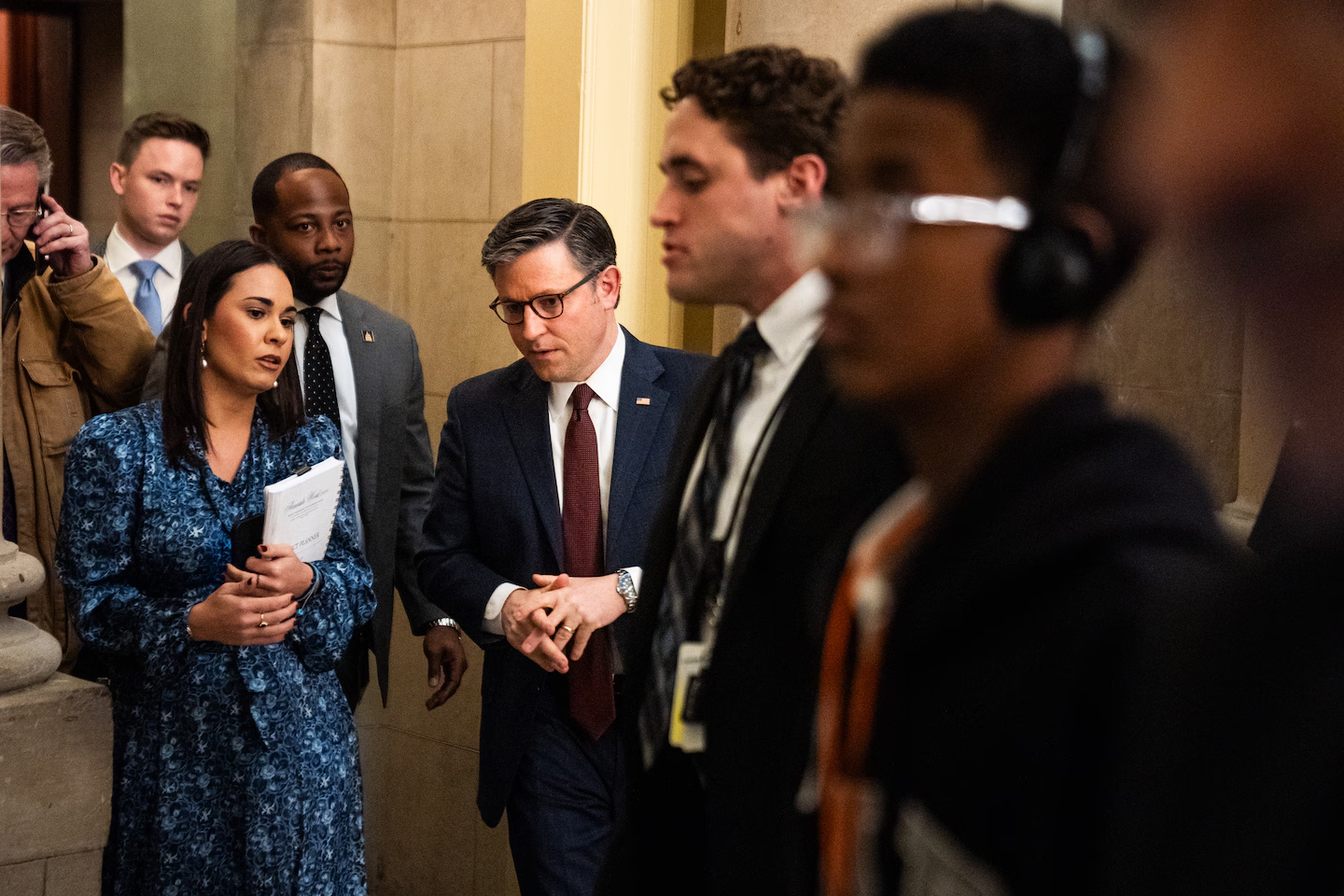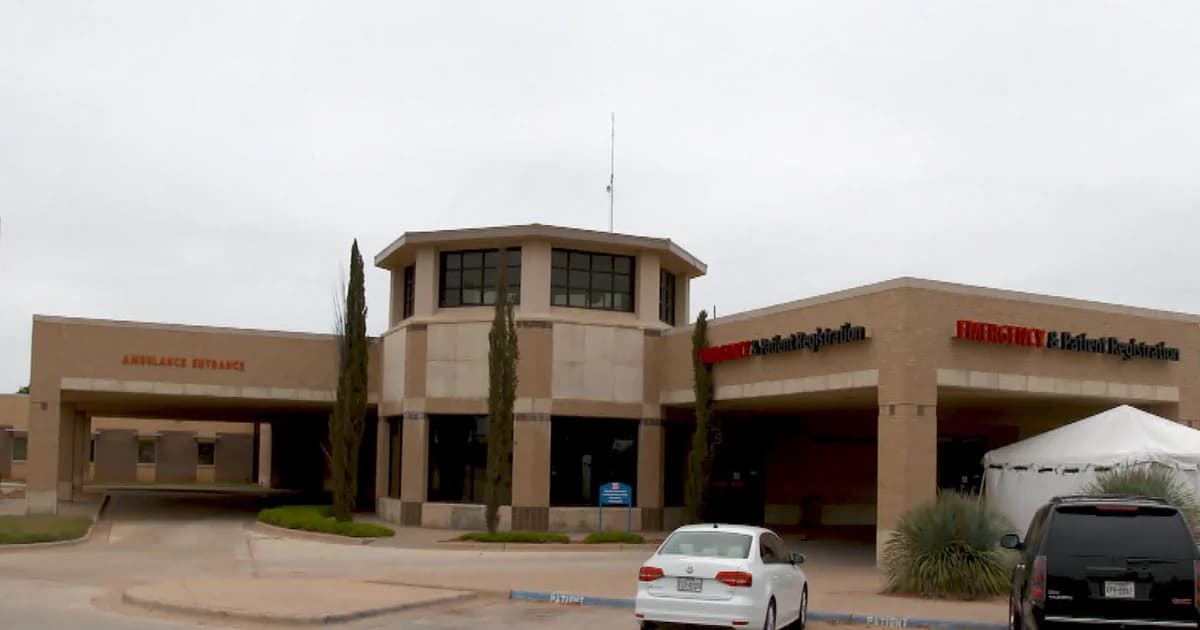Rural Hospitals Face Unprecedented Threats
More than 700 rural hospitals across the United States are teetering on the edge of closure due to severe financial instability, a situation exacerbated by crippling Medicaid cuts. This crisis not only impacts healthcare providers but threatens the lives of millions who rely on these essential facilities for their medical needs. According to recent analysis, over half of these hospitals are in immediate danger of shutting their doors, leaving communities with fewer healthcare options.
States with the Most Vulnerable Hospitals
Texas leads the nation with 47 hospitals at risk, while Kansas and Mississippi follow closely behind with 46 and 28 vulnerable facilities, respectively. Alarmingly, Arkansas has the highest percentage of rural hospitals at risk of closure, with 50% of its institutions facing this dire situation. As reported by Chartis, the financial metrics for these hospitals reveal a grim reality: many have seen three consecutive years of negative operating margins, pushing them closer to the brink.

Threat of Medicaid cuts looms over Republican lawmakers in Congress ...
Impact of Medicaid Expansion on Hospital Viability
The data indicates a troubling correlation between Medicaid expansion status and hospital closures. States that have not expanded Medicaid are experiencing higher rates of hospital vulnerability. For instance, hospitals in states like Texas and Mississippi, where Medicaid expansion has been rejected, are suffering from dwindling patient revenues and unsustainable operating costs. This is particularly concerning, as these hospitals often serve a higher percentage of low-income patients who depend on Medicaid for their healthcare needs. The implications are stark: a lack of accessible healthcare will lead to worse health outcomes in already marginalized communities.
Consequences for Community Health
The shutdown of rural hospitals has repercussions that extend far beyond the immediate loss of services. Research shows that when hospitals close, the rate of preventable deaths increases, as patients are forced to travel greater distances for care. This situation is not just a statistic; it represents real lives affected by a system that prioritizes profit over people. As highlighted in a Johns Hopkins analysis, cuts to Medicaid will create a ripple effect that will limit essential health services, putting millions at risk.

OCAC.R.O.C.(TAIWAN) – News
Urgent Call for Policy Reform
Healthcare leaders and policymakers must recognize the urgent need for reform. The current trajectory is unsustainable and unjust, with countless lives hanging in the balance. The right to healthcare should not be contingent upon geographic location or income level; it should be a universal right. Policymakers must prioritize expanding Medicaid and providing financial support to these vulnerable hospitals. As emphasized in the report by experts, innovative funding solutions and policy changes are essential to stabilize the rural hospital grid and ensure equitable healthcare access for all Americans.







![[Video] Gunfire between Iraqi security forces and Sadr militias in Baghdad](/_next/image?url=%2Fapi%2Fimage%2Fthumbnails%2Fthumbnail-1768343508874-4redb-thumbnail.jpg&w=3840&q=75)
